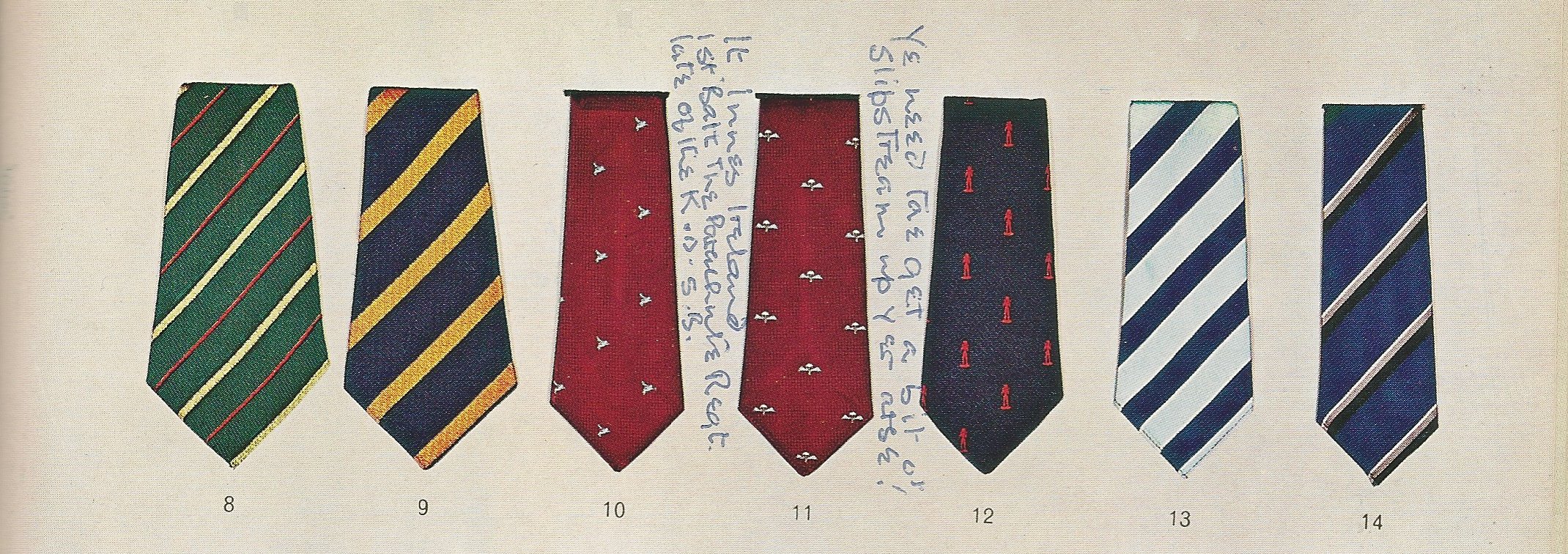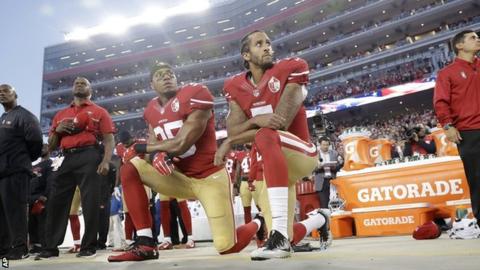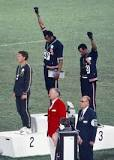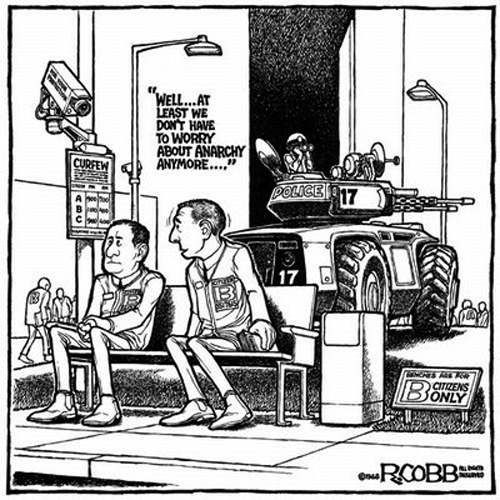Those who voted to leave the EU in order to ‘reclaim’ the UK’s ‘independence’, and not just that bunch of clowns in UKIP, have clearly not been told that the UK has not been independent since WW2, when it was sold to the USA in return for some of their hardware to fight off the Germans. Technology sharing – began in 1940 with the British Technical and Scientific Mission that handed over most of the advanced research done in the UK, including into nuclear weapons and jet engines. While this was supposedly a one-off deal, there is little reason to suppose it ended there, particularly in the areas of cryptography, surveillance, nuclear technology and new materials. Traffic the other way is limited at best. So many UK companies are owned or controlled by US corporations, that any idea of their independence is nonsense. Then there are UK firms, like BAE Systems, with US subsidiaries that are governed by US nationals under the Special Security Agreement, which allows them to operate in the States, while “The British members of the corporate leadership, me included, get to see the financial results; but many areas of technology, product and programme are not visible to us…” (a quote by a British board member). Intelligence ‘sharing’ – 1943 the British–U.S. Communication Intelligence Agreement, BRUSA, that connected the signal intercept networks of the U.K. Government Communications Headquarters (GCHQ) and the U.S. National Security Agency (NSA) at the beginning of the Cold War. NSA still has a ‘first peek’ option on all the intelligence that GCHQ obtains. Nuclear weapons – any idea we can use our ‘independent deterrent’ independently of the US is fairyland – they control the buttons. Then again there’s the media – most of ours now controlled by a megalomaniac Ozzie pornographer with US citizenship who wants to take over even more of our TV viewing, especially the news. As for finance, the USA effectively controls the IMF and US-based credit ratings agencies control the value of our currency, as well as that of the UK’s stock and bond markets. ‘Brexit’ has delivered us even more firmly into their hands and any ‘free trade deals’, whether TTIP, CETA, TiSA, or separate ones with the USA, will sew up the whole package completely. As puppets go, Pinocchio had more independence than the UK.
Category: intemperants
Old school lies – Making Britain great again
 It never stopped being great – Great Britain is just the name of the island that comprises most of England, Wales and Scotland. It’s a geographical term to distinguish it from little Britain (Bretagne) in north-west France. So, sorry you Northern Irish Unionists, you’re not British – check your passport! Why the hell else would everyone else in Europe translate Great Britain into their own language? They don’t all think we’re so wonderful.
It never stopped being great – Great Britain is just the name of the island that comprises most of England, Wales and Scotland. It’s a geographical term to distinguish it from little Britain (Bretagne) in north-west France. So, sorry you Northern Irish Unionists, you’re not British – check your passport! Why the hell else would everyone else in Europe translate Great Britain into their own language? They don’t all think we’re so wonderful.
Old school lies – The country has spoken
… and other hallucinations. This personification of the ‘land’ is common with politicians and most often with those of a nationalist tendency. The fact is that, in the case of the EU Referendum, 75% of the electorate voted and those votes were divided almost half and half. Yes, there was a slight majority for leaving but, if you factor in those who didn’t vote, their silence implies as much their acceptance of the status quo as agreement to leave. That the government didn’t insist on a 2/3 or ¾ majority, as most organisations do for significant changes to their rules, shows their rank stupidity. So, while we watch and wait for the conclusions of this farce to unwind, the next time ‘the country’ is called on to speak, make sure it’s been listening more carefully.
Old school lies

This will be an ongoing feature which lists and decodes words and phrases that are commonly used, especially by journalists, in total, and often deliberate, ignorance of their true meaning. You may disagree; you may wonder if I’m right. Best thing is to go look for yourself and find out. They are in no particular order – just as they come to me or seem appropriate to the current headlines. If you can think of any more, please let me know.
Keeping order
Today is the 80th anniversary of the Battle of Cable Street. Some readers may know what that was but, for the benefit of the others, it was a mass action in 1936 to stop thousands of members and supporters of the British Union of Fascists from marching through a largely Jewish part of East London. I suspect that the majority of those who have heard about this will think it was a battle with the fascists. It wasn’t, it was a battle with the police. Here’s a newsreel clip: Battle newsreel on YouTube
This won’t come as a surprise to anyone who has been on a demo when trouble broke out. Every demo or march or event I’ve been at where a ‘riot’ occurred was started by the cops. Sure someone may well have thrown an empty drinks can at them, maybe even a bottle, but those individuals are always safely back in the thick of the crowd. The ones who get battered and arrested by our increasingly well-armoured police are those brave souls on the front line. This is called ‘keeping the peace’ or ‘protecting public order’ and that’s when the fighting begins.
These confrontations have a long history, both here and across the globe. One of the most notorious in the UK in recent times was the Battle of the Beanfield. On 1 June 1985 the Peace Convoy of travellers, trying to get to Stonehenge for a festival, were intercepted and some forced off the road by police into a field, whereupon their vehicles were attacked and wrecked. The people in those vehicles, including pregnant women, were beaten and arrested. A brief video clip was aired on television some time later and what it showed was brutal – unarmed and unprotected people being manhandled and hit with batons, windows being smashed, the interiors of vans trashed. What it also showed was police in riot gear, with their ID numbers concealed, causing criminal damage and assaults which, if had been done to them, would have been classed as grievous bodily harm. In other words, it was a police riot. No charges were brought against those officers*. Journalists and photographers were arrested or threatened. Films were ‘lost’. The travellers lost their homes and I’ve been told that some of the travellers even lost their children, because they were taken into care by Social Services and sent for adoption.
One officer, who was present, left the police and became a criminologist. He later made this observation, “When you have a body of men … and a hierarchy of authority, violence is bound to occur.” This is all I can remember, but what it means is, that it’s not sufficient to blame the men on the ground for breaking the rules, because they know their actions have been implicitly sanctioned by their superiors. One policy could be banned is that of officers being told to conceal their identifying numbers in these situations … and advising reporters to stay away!
Now, not all coppers are bastards but the point I’m making is that the job is. The question is, whose ‘peace’ is being kept, whose ‘order’ is being protected? Why do fascist marchers get more police protection than anti-fascists? Why do strikers and pickets get beaten up but not thieving bosses? Why are Romanies and other travellers prevented from stopping for a night’s rest, while you’ll be told to shut down if your party or festival music disturbs the sleep of well-off neighbours? Work it out.
Update: 11.10.16
As J Edgar Hoover, head of the FBI, said in 1968, “Justice is merely incidental to law and order.”
That’s telling it as it is.
RA 3.10.16
[* A number of the travellers successfully sued Wiltshire Police for ‘false imprisonment, damage to property and wrongful arrest’ and one police sergeant was found guilty of actual bodily harm. It was only a token victory because legal costs swallowed all the compensation they were awarded. If you want to see some more, here’s a documentary made in 1991: YouTube video ]
A word to the wise
The word ‘mob’ comes from a legal term in Latin, ‘mobile vulgus’, which my dictionary translates as ‘the fickle multitude’ but I prefer ‘the mobile common people’. The state wants you screwed into your place (and in debt) – Don’t move! Sit still! – and, especially, don’t organise yourselves without the authorities sayso.
The problem of power
“Who wants the job?”
We all know there’s a war going on in the British Labour Party between its elected leader and nearly all his MPs. Not many outside of the party, however, know just how vicious and dirty this has become with claims of anti-semitism and/or a Trotskyite takeover flying out from the right wing on a daily basis. One wonders what they’ll come up with next. At the heart of this struggle is one key slogan of those dissidents, ‘With this leader we’ll never get elected!’ Whether or not that’s true remains to be seen but the question then arises, ‘What do you want it for?’ The experience, for its core constituents, of having a Labour government over the last half century has been mixed at best. Over the last thirty years it’s been indistinguishable from a Conservative one and, when the latter were in power, Labour’s efforts have been equally ineffective. Plenty of people are now saying this country doesn’t need another Labour government that does nothing useful, what we need is a real opposition.
I could go into the history of the Labour Party – beginning as an alliance of trade unionists, socialists and Liberals, through its fight with the Communists, the triumph of 1945 and so on, but I want to look at this question of power. This is the crucial question in all political systems. In a democracy it supposedly rests with ‘the people’ who exercise it in voting for their leaders and their representatives. Any slight examination of the facts shows that it’s not that simple. There’s a whole array of different forces in play – other states’ influences, business interests, often the armed forces or parties within them, professional groups, trade unions, the media and so on. In all this ‘the people’s’ interests may came a long way down the queue. Social-democrat parties, like Labour, have been tangled up in this web since their beginnings. The Communist Party (another example of the abuse of language) thought they could cut through this by ruling in the name of the people, or at least in the name of ‘the workers’. Their utter failure is one reason why we’re in this mess now. It seems that every attempt to make a revolutionary change to a better society goes through the same stages of euphoria, paranoia, terror, repression and finally compromise or collapse. For those who still want to achieve socialism or any kind of democratic world, it’s important to figure out how to avoid that fate. I don’t have any answers but I do have some things to watch out for.
As an anarchist I’ve been reluctant to recognise that we’re a hierarchical species but the evidence seems to be overwhelming. We’re taught from our earliest days to ‘do as you’re told’ and that lesson sinks in deep. Some learn that they have a ‘right’ to be superior and follow that through. I believe that, even as babies, we instinctively know who has the most power in the room. However there’s no reason why such rankings in our societies should be fixed. There are plenty of reasons to think otherwise. One is that we don’t accept them for ever – history is full of examples of revolts by the underdogs and not just those which arose in Europe from the 14th century onwards. There are examples in human history and among our primate cousins, the chimpanzees, showing that leaders can be chosen and rejected by the rest of the group. The problem is: who wants the job?
There are those who become leaders because of their seniority, experience and ability. There are others who have the ambition to be on top – the reasons are several but related. The first, evolutionary, impulse is access to the first choice of mates; the second, and probably derived one, is ego satisfaction – glory/honour/reputation; the third is access to the pick of the goodies – aka wealth. This last is a much later development that did not appear until humans learned how to create surpluses.
The point is that, whatever the system, some people will try to take control. And the likelihood is that, even after a revolution, they’ll be the same kind of people as those seen in the previous regime. This is why the process of social change seems to go through the same sequence. So, while it’s possible to design better political systems than we have, there will never be a perfect one. The USSR had on paper a good constitution and legal code, but that didn’t stop Stalin and his henchmen sending millions of innocent people to suffer and die in the gulag archipelago.
Is there a way to stop power junkies? Who knows? Being aware of this danger would be a start but it would also be useful to know where the power comes from – it comes from us. Power means the ability to do work, both the electricity that makes a lightbulb glow and the muscles that flipped the switch. Whether we actively support the power structure in a social group, or merely passively submit, we’re supplying our power to whoever’s in control. We have the ability to withdraw that supply and even actively use it against the controllers. Of course, there can be costs involved in doing this, but that choice remains. It’s up to you.
RA 15.9.16
Keep politics out of sport

That’s a refrain we hear every time someone uses a sporting occasion to make a political stand or point. It comes usually from both politicians and from fans who don’t like their entertainment spoiled by intrusive thoughts from the real world. But what they amazingly overlook is that sport is riddled with politics, especially at the international level.
Sport is war by other means
This spin on Clausewitz’s famous quote that “War is the continuation of politics by other means” is merely an observation of a fact that goes back at least to the Classical Greek period and the function of the original Olympic Games. It was a chance for rival city states to compete with one another for glory without the expense of all out war. The revival of that tradition in 1894 had the same aim but with about as much success at ending war. Instead it’s been used continually for states to promote their image and their interests* or for others to contest them. The 1936 Berlin Games may be the most notorious but there have been others, like the boycott by the USA and others of the 1980 Moscow Olympics because of the USSR’s invasion of Afghanistan. Nothing sums this up more than the flag waving at the opening ceremony and the medal ceremonies. The games are supposed to be about the sportsmen and women but all the commentators crow about the number of prizes their country has won as if the whole nation had been running, jumping or throwing things. That’s why so many states have been directly involved in doping their athletes to improve their chances of more medals and greater prestige.
Nor is this confined to the Olympics – it applies to every other sport, especially football. The night after England beat Germany 5:1 in the World Cup series of 2001, the celebrations in the streets of my town made me think it was a rerun of VE Day.
Of course, these vicarious war games aren’t confined to international competitions but are at the heart of inter-city and inter-regional rivalries that can spill over into gang violence between ‘hooligans’ with different loyalties. That’s frowned on by the authorities who however have no problem with endorsing the rhetoric behind it, if it suits them. One well-known American footballer quit the game because he was fed up helping the fans enjoy their aggression by proxy through him.
 There are many more examples that could be given, even of governments winning or losing elections because of the results of major sporting events and not forgetting the 1969 war between Honduras and El Salvador over a football match! So, please, let’s stop pretending we believe that sport has nothing to do with politics and vice versa. Politics means ‘people’s business’ and sport is definitely one of those businesses.
There are many more examples that could be given, even of governments winning or losing elections because of the results of major sporting events and not forgetting the 1969 war between Honduras and El Salvador over a football match! So, please, let’s stop pretending we believe that sport has nothing to do with politics and vice versa. Politics means ‘people’s business’ and sport is definitely one of those businesses.
[* This occasionally backfires as with the 1972 Munich Olympics. I was in France and reading Charlie Hebdo where a column by François Cavanna described how the US contingent “200 strong … the earth trembling at their tread”, because of the beautiful accident of the alphabet, were followed by the North Vietnamese squad – three men and one woman. I wonder how many Americans saw the irony in that, if inded they were allowed to see it. That was also the year Black September kidnapped a load of Israeli athletes and their government gave a green light to the German authorities to intercept them at all costs. I’m quoting Charlie Hebdo again for that.]
RA 13.9.16
(picture credits: Eric Reid (left) and Colin Kaepernick from BBC News Online; Tommie Smith (center) and bronze medalist John Carlos (right) at the 1968 Summer Olympics, Mexico City, from Wikipedia)
ROOTING, LOOTING & SHOOTING
Coming home to roost
I was in Trinity Church, listening to a reggae sound system. The church had been deconsecrated some time before and given over to the local citizens as a rather inadequate community centre and a fair-sized music venue. The occupants of the graveyard had been removed but it seemed that some of the ghosts had resented this and got their revenge by buggering up the electrics and the sounds as often as they could.
Nevertheless, although it was situated on the edge of the city’s Asian quarter, it was also close enough to the black neighbourhood for them to comfortably share it with the white indie scene. The atmosphere was relaxed enough for both parties to mix if they wished.
So I’m probably a little stoned and had a couple of pints before getting there. Listening to the obligatory invocations of Jah Rastafari, it occurred to me how appropriate this all was. So-called ‘Christians’, like those who erected this building, had kidnapped these peoples’ ancestors from Africa and enslaved them in the West Indies to make this city rich. Now their descendants had come to reclaim their property in the name of their version of that patriarchal deity they’d been forced to believe in.
Not only that, there’d been a riot here not long since, caused, as usual, by the cops. This had resulted of course in a little looting. I’d recently read that that word came originally from the Bengali word for ‘steal’ that we learned from the troops levied from that part of the world to fight for the British, as we forced the Chinese empire to keep tolerating the recently nationalised drug smuggling industry selling opium to its subjects. They’d looted their way up the coast and inland as far as Peking in the name of ‘free trade’.
Now the looting was done by the great great grandchildren of those slaves, while the opium – refined, thanks to European chemists, into heroin – was fucking the brains of the great great grandchildren of the slavers. Yes, the chickens had really come home to roost. I smiled and started dancing.
RA 14.8.16
Money
… coming soon!
